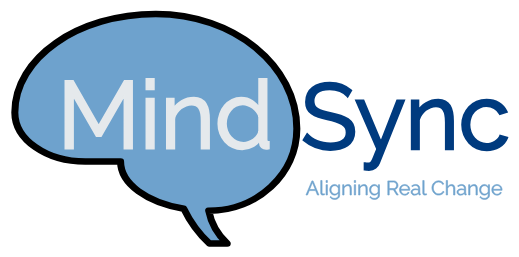You Are SOOO Biased!
Bias can be found in all aspects of our lives, from our personal relationships to our professional careers. Bias can have a significant impact on our thoughts, feelings, and behaviors, and it can lead to unfair treatment of others.
There are many different types of bias, including:
Implicit bias: We are not aware of. It is often formed from our experiences and the way we are raised.
Explicit bias: We are aware of. It is often based on our conscious beliefs and opinions.
Systemic bias: Embedded in our systems and institutions.
Bias can have a number of negative consequences including unfair treatment, limiting opportunities, damaging relationships, increasing conflict. There are a number of things that we can do to address bias, including:
Educate ourselves about bias: We need to understand how bias works and how it can impact our thoughts, feelings, and behaviors.
Challenge our own biases: We need to be aware of our own prejudices and assumptions, and we need to be willing to change them.
Call out bias when we see it: Speak up when we see someone being discriminated against or treated unfairly.
It is hard to accept that our actions, behaviors, and decisions are influenced by bias! Awareness of our own susceptibility to bias, along with the unconscious nature, creates a perfect storm in which bias is perpetuated and rarely recognized or adequately managed. Partly because it feels good to be right, and it feels bad to be wrong. From our brain’s perspective, being correct is associated with contentment and certainty. Being wrong activates the regions of the brain that are associated with processing pain and negative emotion.
Addressing bias is not easy, but it is essential. Some additional things that we can do:
Be open to new experiences and perspectives: The more we learn about different cultures and groups of people, the less likely we are to be biased against them.
Be mindful of our language: I call it Trash Talk – critical speak against ourselves or others.
Actively listen to others: Listen to understand.
Addressing bias is an ongoing process. It is important to be committed to lifelong learning and to always be open to new ideas. Using my 5 R’s of Good Decisions can help. Recognize that we have them. Reflect on them. Reframe them. Refocus on the reframed. Reference our wins and contact me.
